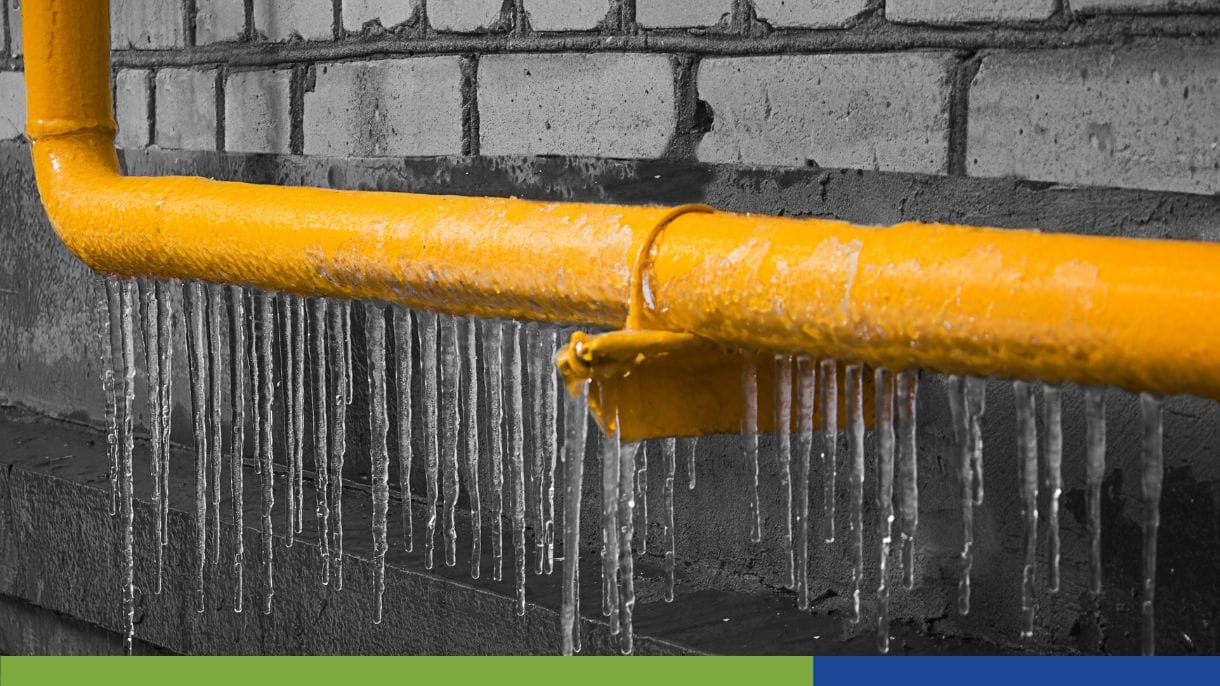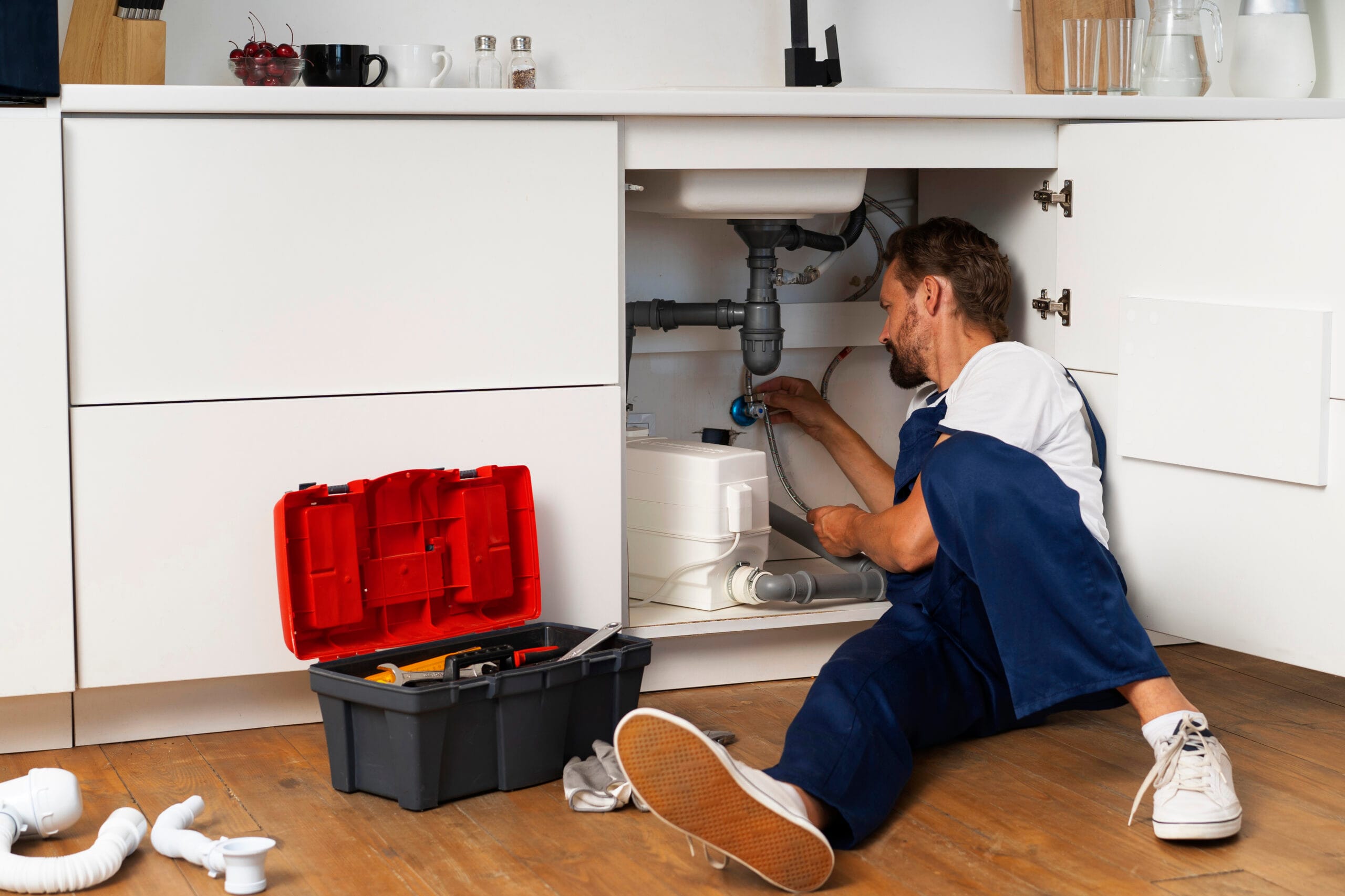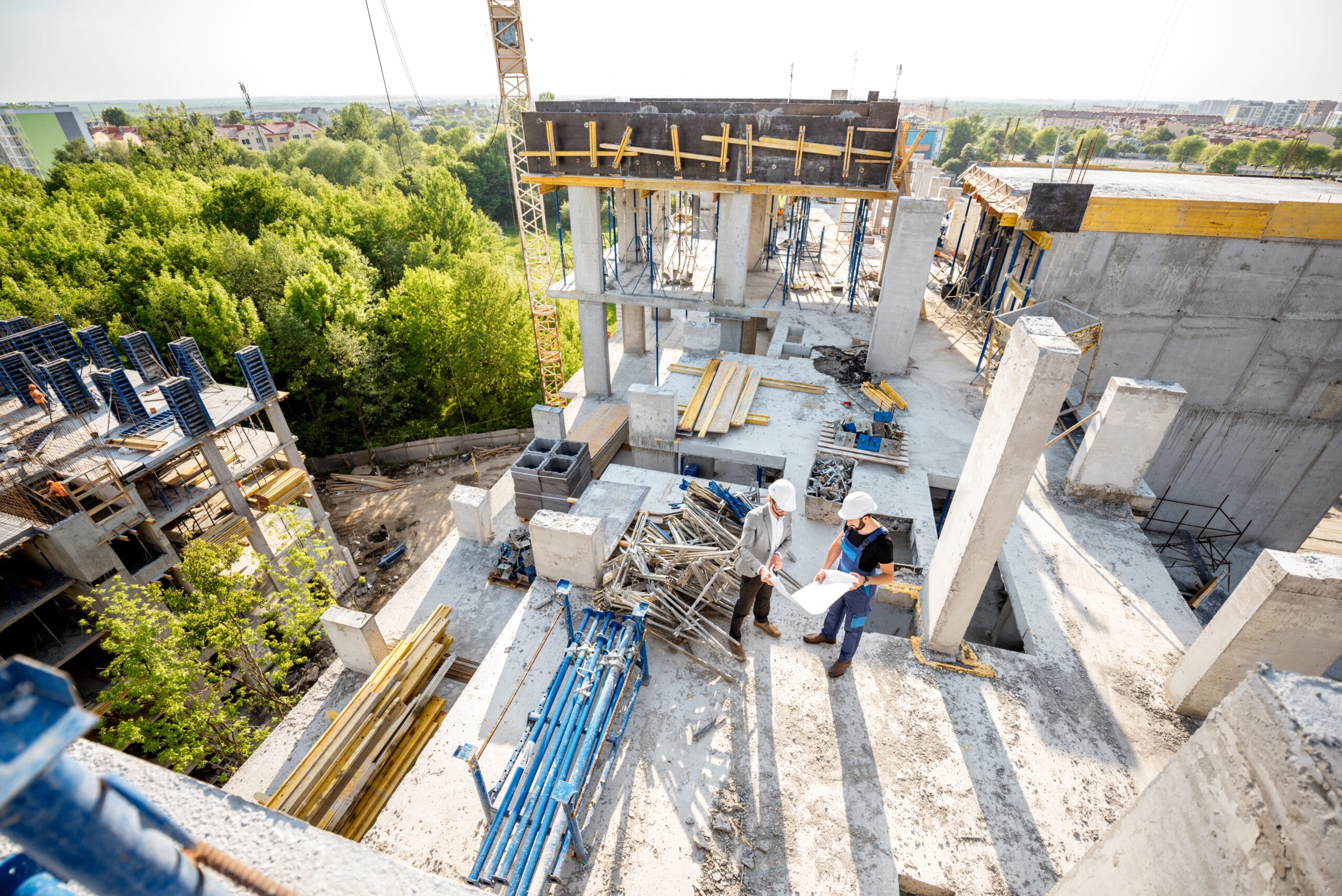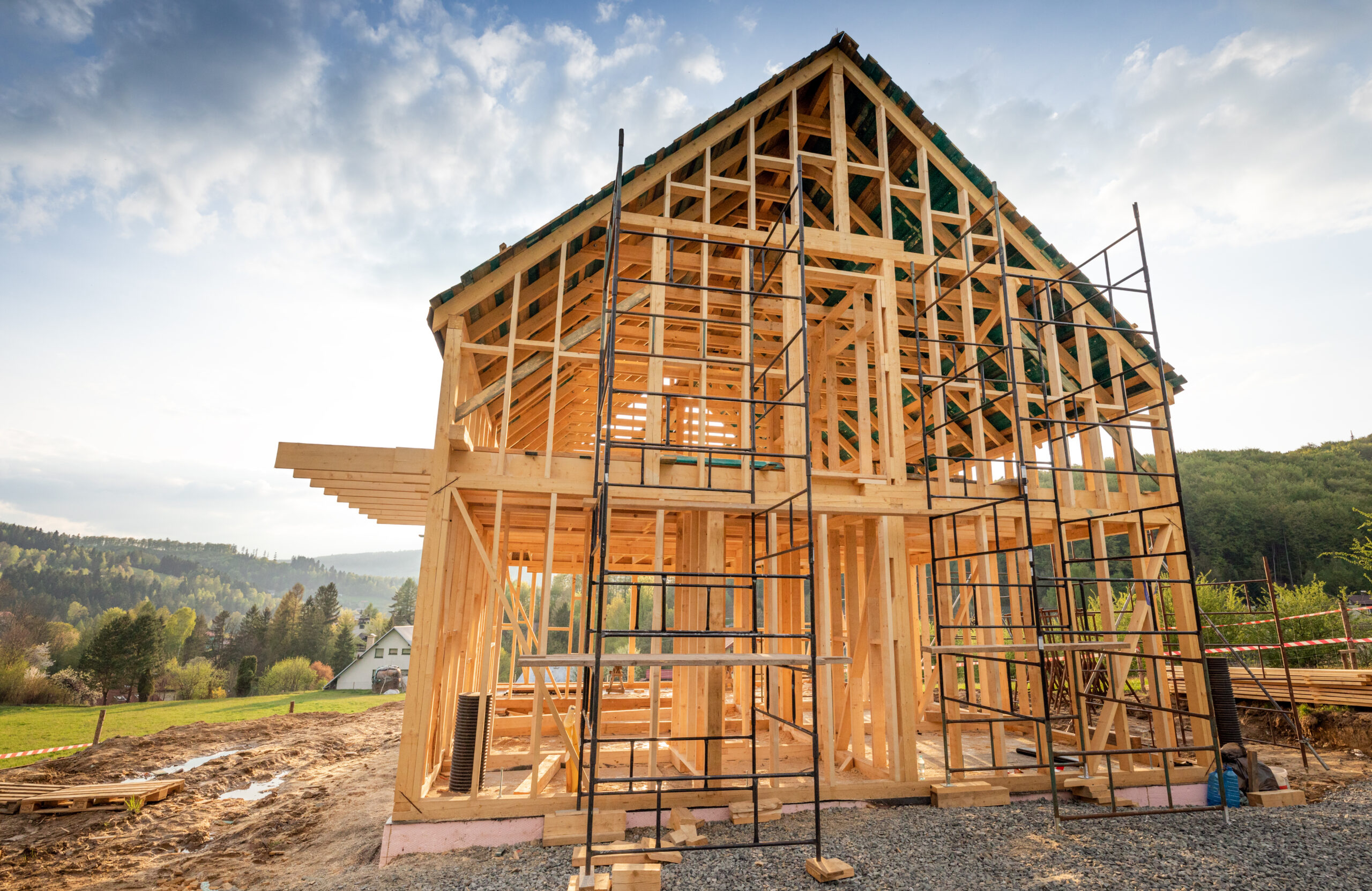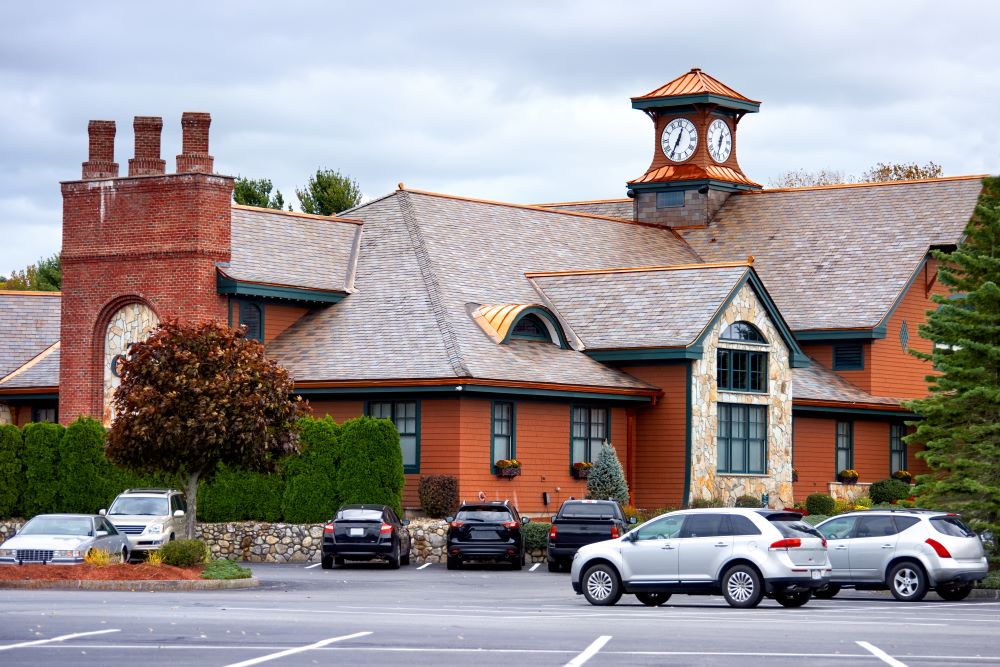A steady, reliable water supply is essential for any household. From cooking and cleaning to bathing and watering the garden, water flow affects your daily life in countless ways. Yet, many homeowners overlook the maintenance needed to keep their plumbing systems running efficiently, leading to inconvenient disruptions or costly repairs.
With proper care and a little foresight, you can ensure your water flows smoothly throughout the year. This guide offers practical tips to maintain your plumbing system, avoid common problems, and know when to call in the experts.
Understand the Importance of Plumbing Maintenance
Your plumbing system is a complex network of pipes, fixtures, and appliances, all working together to deliver water to your home and remove wastewater. Over time, wear and tear, environmental factors, and even household habits can cause issues like blockages, leaks, and reduced water pressure.
If you notice persistent plumbing problems or need professional assistance, a residential plumber in Sydney can help diagnose issues and perform repairs to restore optimal water flow. Regular maintenance, however, can help you avoid most issues before they escalate.
Tip 1: Inspect for Leaks Regularly
Leaky faucets, dripping pipes, or hidden leaks behind walls can waste significant amounts of water and lead to higher utility bills. Left unchecked, leaks can also cause structural damage or mould growth.
How to Detect Leaks:
- Check Your Water Meter: Note the reading, avoid using water for a couple of hours, and check the meter again. A change indicates a potential leak.
- Inspect Pipes and Fixtures: Look for damp spots, rust, or discolouration around plumbing.
- Monitor Your Water Bill: A sudden spike in usage without increased activity could signal a leak.
Promptly repairing leaks not only conserves water but also prevents long-term damage to your home.
Tip 2: Prevent Clogs in Drains and Pipes
Clogged drains are a common plumbing nuisance that can lead to slow water flow, foul odours, and even pipe damage if not addressed. Preventing clogs is easier than dealing with them after they occur.
Tips for Avoiding Clogs:
- Use Drain Screens: Install mesh screens over drains to catch hair, soap scum, and food particles.
- Dispose of Grease Properly: Never pour cooking oil or grease down the sink, as it solidifies and blocks pipes.
- Flush Drains with Hot Water: Pouring boiling water down the drain once a week helps clear residue.
For stubborn clogs, avoid using chemical drain cleaners, as they can damage your pipes. Instead, use a plunger or call a plumber for professional assistance.
Tip 3: Maintain Your Hot Water System
A well-functioning hot water system is crucial for comfort and efficiency. Regular maintenance can extend its lifespan and ensure a steady supply of hot water.
Steps for Maintaining Your Hot Water System:
- Check the Temperature: Set the thermostat to 60°C to prevent scalding and reduce energy consumption.
- Inspect the Pressure Relief Valve: Test this valve annually to ensure it’s functioning properly.
- Flush the Tank: Drain sediment build-up from the tank every six months to improve efficiency.
If your water heater isn’t performing as expected or shows signs of rust, leaks, or strange noises, it may be time for a replacement or repairs.
Tip 4: Protect Pipes from Extreme Temperatures
In Australia, temperature extremes can affect your plumbing system. While freezing pipes are less common, extreme heat can cause pipes to expand and leak.
Seasonal Tips for Pipe Protection:
- Insulate Exposed Pipes: Use pipe insulation to protect pipes in unheated areas, such as garages or basements.
- Keep an Eye on Outdoor Taps: Disconnect garden hoses and shut off outdoor taps during extreme weather to prevent damage.
- Regularly Check for Cracks: Inspect outdoor pipes and fittings for signs of wear.
Taking these precautions ensures your pipes remain intact and functional, regardless of the weather.
Tip 5: Optimise Water Pressure
Low water pressure can make daily tasks frustrating, while high water pressure can stress your pipes and fixtures. Maintaining the right balance is key to a smooth water flow.
How to Address Water Pressure Issues:
- Test Your Water Pressure: Use a pressure gauge to check levels. Ideal pressure is between 40 and 60 psi.
- Clean Faucet Aerators: Mineral deposits can clog aerators, reducing pressure. Soak them in vinegar to clear build-up.
- Install a Pressure Regulator: If your water pressure is consistently too high, a regulator can help stabilise it.
Consistent water pressure not only improves your experience but also protects your plumbing system.
Tip 6: Schedule Regular Professional Inspections
Even with the best DIY efforts, some plumbing issues require professional expertise. A licensed plumber can identify potential problems, perform routine maintenance, and provide solutions to keep your system running smoothly.
Benefits of Regular Plumbing Inspections:
- Early detection of hidden leaks or blockages.
- Improved efficiency of appliances like dishwashers and washing machines.
- Peace of mind knowing your system is in optimal condition.
Scheduling an annual plumbing inspection can save you from unexpected repairs and ensure your home’s water system is reliable year-round.
Tip 7: Upgrade to Modern Fixtures
Older plumbing fixtures may not be as efficient or durable as modern alternatives. Upgrading your fixtures can enhance water flow, reduce water usage, and improve the overall functionality of your system.
Modern Fixture Options:
- Low-Flow Showerheads: Save water without compromising on pressure.
- Touchless Taps: Improve hygiene and conserve water.
- Dual-Flush Toilets: Offer options for water conservation with every flush.
Replacing outdated fixtures is a simple way to enhance your plumbing system’s performance while contributing to sustainability.
Tip 8: Know When to Call a Plumber
Some plumbing issues are best left to professionals to avoid further damage or complications. Knowing when to call a plumber can save you time, money, and frustration.
Situations Requiring a Plumber:
- Persistent low water pressure throughout the house.
- Gurgling sounds from drains or toilets.
- Water pooling around the base of fixtures.
- Burst pipes or sudden water loss.
A licensed residential plumber can address these issues promptly, ensuring your plumbing system is back to normal in no time.
Final Thoughts: Keep Water Flowing Smoothly
Maintaining a smooth and reliable water flow requires regular attention and proactive measures. From preventing clogs and leaks to optimising water pressure and upgrading fixtures, these simple steps can help you avoid plumbing headaches and keep your home running efficiently.
When in doubt, don’t hesitate to seek professional help. A trusted plumber can provide expert guidance and solutions tailored to your home’s unique needs. By staying vigilant and prioritising maintenance, you’ll ensure your water flows seamlessly all year round, making your home a more comfortable and functional place to live.

